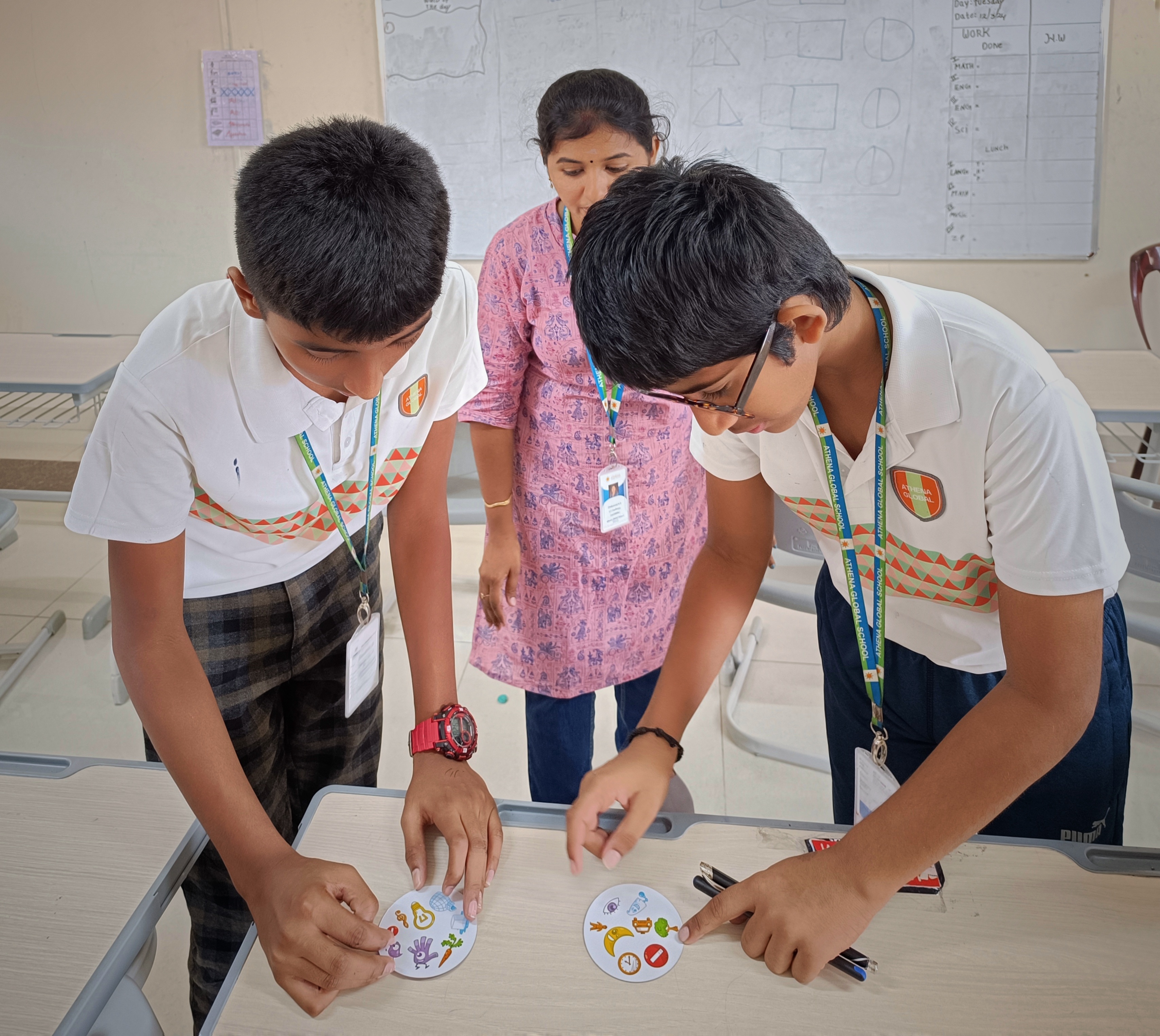How to Help Your Child Think Critically: Tips from Athena Global School
Critical thinking is an essential skill for children to succeed in school and daily life. At Athena Global School l, we believe in nurturing young minds to analyze, evaluate, and think creatively. Here are some simple ways you can help your child develop critical thinking skills at home:
1. Ask Open-Ended Questions
Encourage your child to think deeply by asking questions that don’t have simple “yes” or “no” answers. For example:
- “Why do you think that happened?”
- “What would you do differently?”
- “How would you solve this problem?”
These questions inspire them to explore ideas and explain their reasoning.
2. Encourage Problem-Solving
Let your child face challenges and find their own solutions. Whether it’s building a toy or organizing school supplies, guide them with questions like:
- “What do you think we should try next?”
- “What tools might help us here?”
This builds independence and resilience.
3. Foster Curiosity
Children are naturally curious, and it’s important to encourage that. Explore museums, nature, or even your backyard. When they ask, “Why is the sky blue?” or “How do plants grow?” help them find answers together. Hands-on activities like science experiments and art projects make learning fun and thought-provoking.
4. Play Strategy Games and Puzzles
Games like chess, Sudoku, or board games encourage kids to think ahead and solve problems. Even simple puzzles teach decision-making and planning.
5. Teach Reflection
Encourage your child to think about their experiences and choices. Ask:
- “What did you learn from this?”
- “What would you do differently next time?”
Journaling is also a great way for kids to reflect and express their thoughts.
6. Explore Different Perspectives
Teach your child to consider other viewpoints. Discuss current events or stories and ask:
- “What do you think the other person is feeling?”
- “Is there another way to look at this?”
This fosters empathy and helps them see multiple solutions.
7. Read and Discuss Together
Read stories or articles with your child and discuss the characters and events. Ask questions like:
- “Why did the character make that choice?”
- “What would you have done differently?”
This helps them analyze situations and make connections.
8. Model Critical Thinking
Show your child how you solve problems and make decisions. For example:
- “I’m choosing this option because it’s more practical.”
When they see you thinking critically, they’re more likely to adopt the habit.
9. Encourage Healthy Debates
Create a safe space for your child to share opinions. Discuss topics like, “Should uniforms be mandatory?” or “What’s the best way to save the environment?” This helps them build arguments and practice respectful communication.
10. Celebrate Effort
Praise your child’s creativity and effort, even if the results aren’t perfect. This motivates them to keep trying and learning.
At Athena Global School , we encourage parents to use these strategies at home to complement the critical thinking skills we cultivate in the classroom. Together, we can empower children to analyze, solve problems, and confidently face challenges in an ever-changing world.



